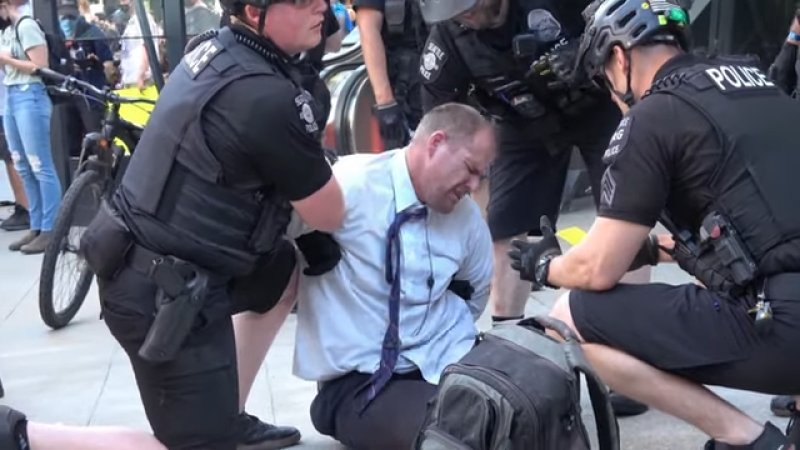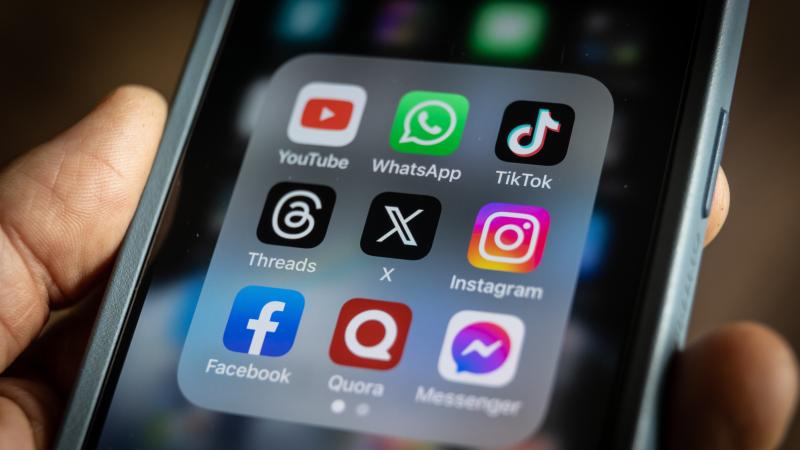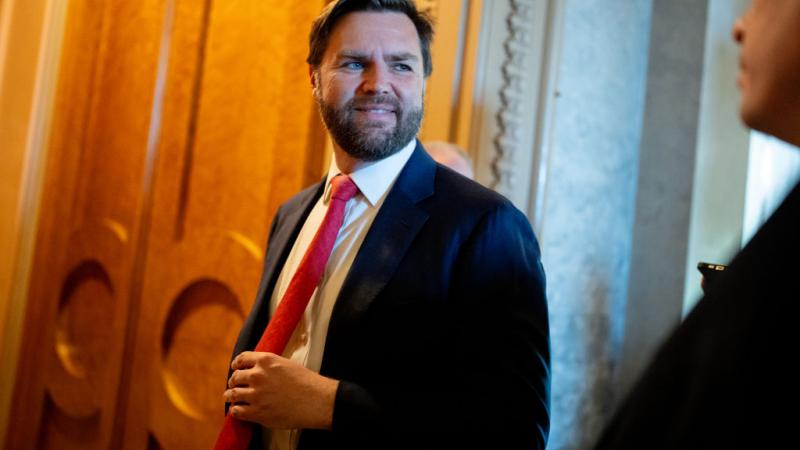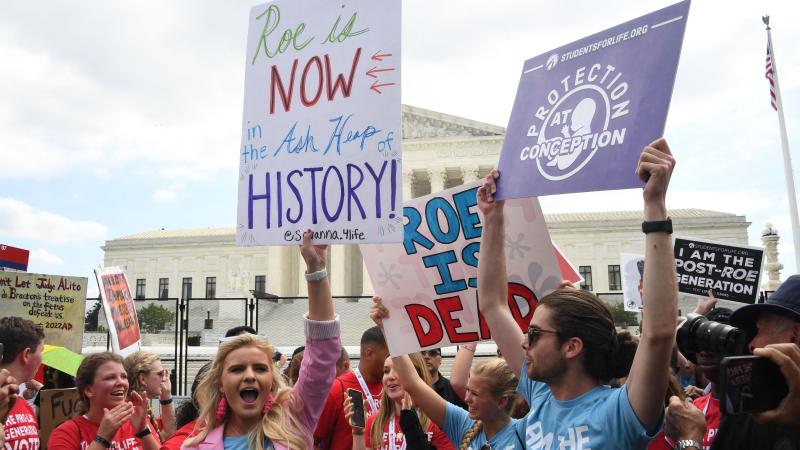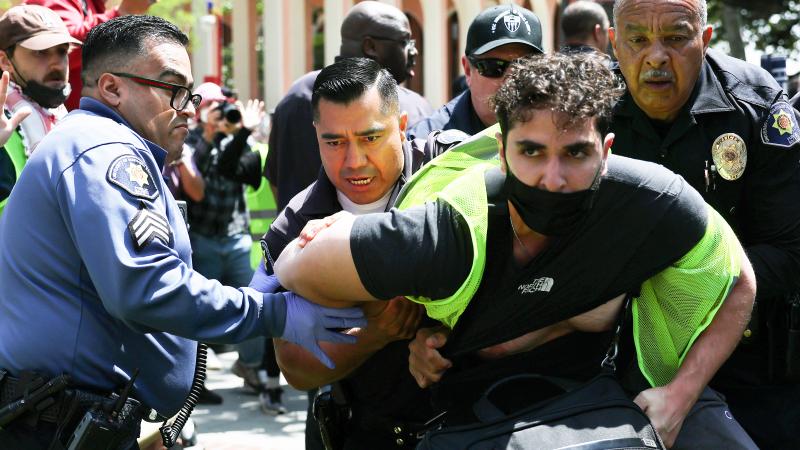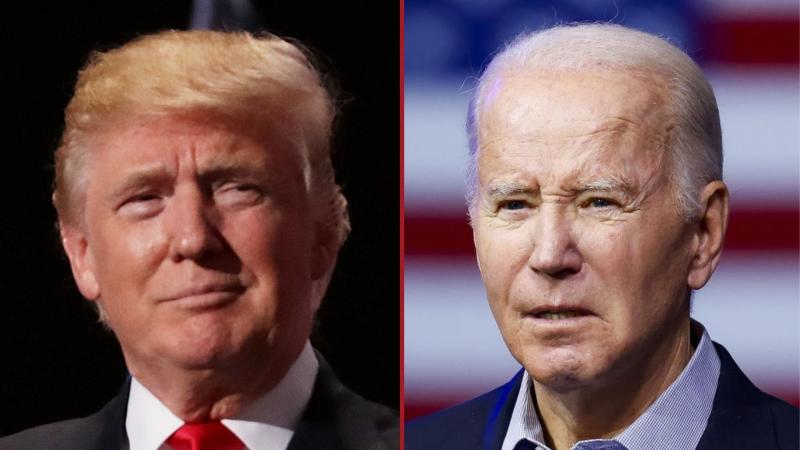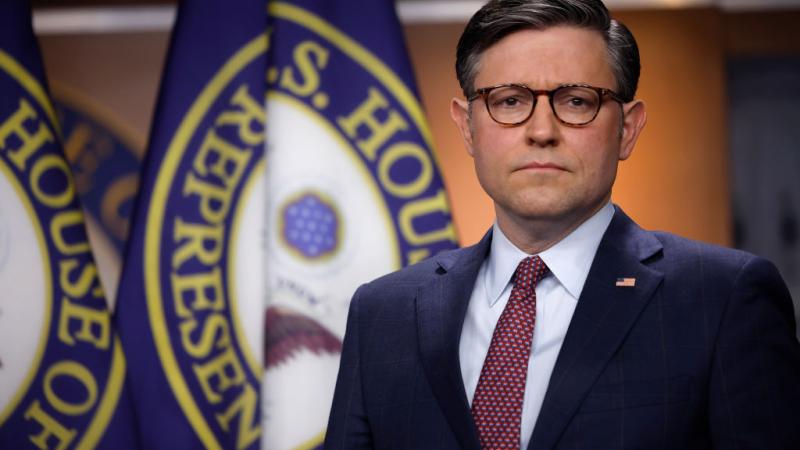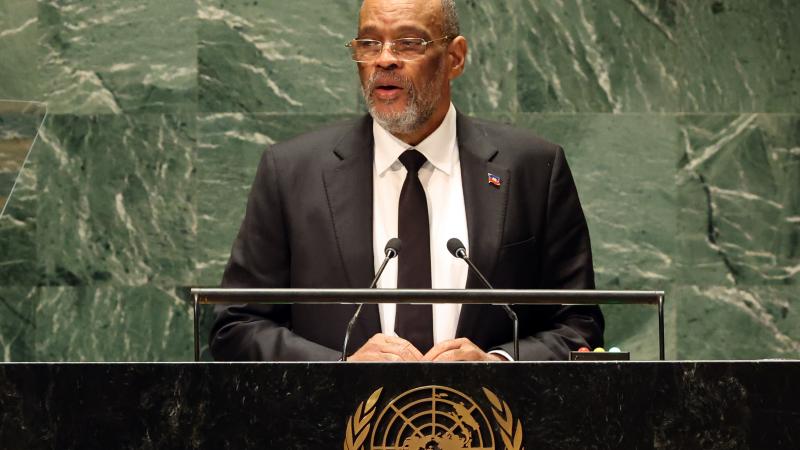New York considers speech code for lawyers that federal court deemed unconstitutional
Likely to be enforced against conservatives, libertarians and those with "traditional religious" views, Christian group warns.
Just a few months after a federal court struck down a sweeping Pennsylvania ethics code for lawyers as unconstitutional, New York is considering similar versions.
They are drawing the same warnings from First Amendment experts for creating something like a university speech code for lawyers that follows them even into social situations.
The proposals would subject New York lawyers to official investigation and possible punishment for using undefined "derogatory" or "demeaning" language against protected classes, including race, sex, religion and gender identity.
That flies in the face of a 2017 Supreme Court ruling that protects offensive trademarks, according to law professors Eugene Volokh of UCLA, Josh Blackman of South Texas College of Law and Nadine Strossen of New York Law School, a former ACLU president.
A Christian lawyer group also raised concerns, and New York criminal defense lawyer Scott Greenfield said the proposals demand that "every lawyer be as woke as you want them to be, no matter what the ramifications."
Offered for public comment by the New York Court of Administration and New York State Bar Association's Committee on Standards of Attorney Conduct (COSAC), the two proposals would implement versions of the American Bar Association's controversial five-year-old Model Rule 8.4(g).
It defines "professional misconduct" as behavior that the lawyer "knows or reasonably should know" is harassment or discrimination "related to the practice of law," including professional activities such as continuing legal education (CLE) presentations and social gatherings with lawyers. Sexual harassment is often mentioned as a target of both proposals.
New York's current code is much narrower: It only sanctions unlawful discrimination by lawyers while practicing law.
The Christian Legal Society pointed the Office of Court Administration and COSAC to a 2019 law review article that said "socially conservative lawyers" have a "justified distrust of new speech restrictions."
It also highlighted the federal judge's December injunction that called Pennsylvania's code, based on the ABA model rule, a "sword of Damocles" hanging over lawyers that will unconstitutionally chill their speech.
First Amendment lawyer Zach Greenberg successfully sued to block the Pennsylvania code, approved by the state supreme court, which prohibited conduct "manifesting bias or prejudice" except for "advocacy" on behalf of a client.
He cited the threat of investigation for quoting offensive language from court decisions when making CLE presentations and doing his routine work for the Foundation for Individual Rights in Education.
Greenberg told Just the News he filed a comment on the COSAC proposal, warning the bar association it was inviting "another successful First Amendment lawsuit" for the same deficiencies as the Pennsylvania code.
Both proposals expand the scope of professional misconduct into the "personal spheres" of attorneys, which is "the root cause of many constitutional difficulties," Professors Volokh, Blackman and Strossen wrote in a letter to the court and COSAC.
"Private table conversations at a bar dinner would be covered by the rule," including under COSAC's proposed protections for "teaching, public speeches" and "public advocacy," they argued, adding that a presenter at a CLE could "discuss a controversial idea" but an audience member could get in trouble for repeating it to colleagues.
The three constitutional law professors frowned on language in the proposals, such as "typically" and "includes," that is supposed to limit the application of the bans but actually makes them more confusing.
COSAC's proposal said "petty slights, minor indignities and discourteous conduct" by themselves are not harassment, but those are unconstitutionally vague if not viewpoint-discriminatory, the letter said.
Exemptions for diversity and inclusion efforts show that the drafters of the proposals "recognized an obvious problem": Banning bias and prejudice could actually stop law firms from using affirmative action in hiring. But these exemptions simply create more viewpoint discrimination, since they don't protect criticisms of diversity and inclusion efforts, the letter said.
Though the COSAC version of the ABA model rule is better, both proposals "will lead to years of litigation and acrimony" unless they are stripped of "nebulous" terms and limited to the practice of law instead of "ancillary conduct," the law professors said.
The Christian Legal Society (CLS) weighed in on both proposals but went directly after the ABA model rule as the problem.
Most of the comments received on the ABA's then-proposal opposed it, and its standing committee on professional discipline questioned its practicality, CLS said. The Christian group marveled that the ABA ignored three recent Supreme Court decisions on viewpoint discrimination when it issued a "formal opinion" last year explaining the rule.
The group's letter to the New York Court of Administration said only Vermont and New Mexico have adopted the ABA model rule, while 13 state supreme courts or bar committees have rejected it.
A wide variety of casual lawyer speech could be subject to discipline under the court's proposal, CLS said. It noted a lawyer tweeted a "common but hurtful sexual term" against former White House spokeswoman Sarah Huckabee Sanders in 2018.
"Sadly, we live at a time when many people, including lawyers, are increasingly willing to suppress the free speech of those with whom they disagree," CLS said. It noted the Judicial Conference of the United States last year proposed banning judges from membership in the right-leaning Federalist Society while letting them join the left-leaning ABA.
Far from punishing only "bad actors," the proposal would likely be weaponized against those with "traditional religious views" or who express conservative and libertarian views, the letter said.
It cited a 2019 law review article that argued "disfavored groups and minorities" have historically been targeted by restrictions on lawyers' First Amendment rights, including blacks during segregation and communists in the 1950s.
The COSAC proposal has "basically the same scope" as the ABA model rule, CLS told the bar association group. While it claims it wouldn't punish "discourteous conduct without more," the proposal suggests it's not hard to find "more" to justify a finding of professional misconduct.
Even if a lawyer is eventually exonerated in an investigation, free speech litigation often takes years and "extracts great personal expense," not to mention the reputational harm a lawyer will suffer in the meantime, CLS said, concluding: "The process is the punishment."


